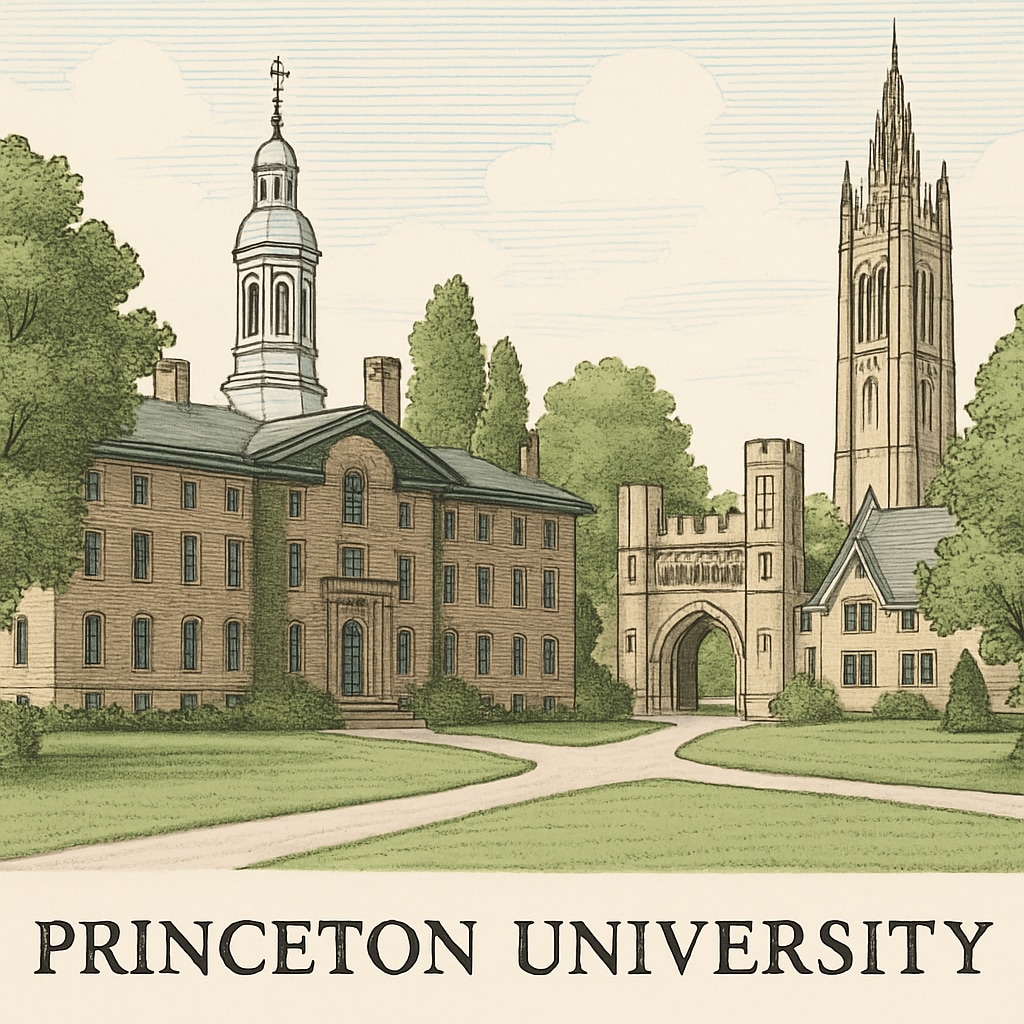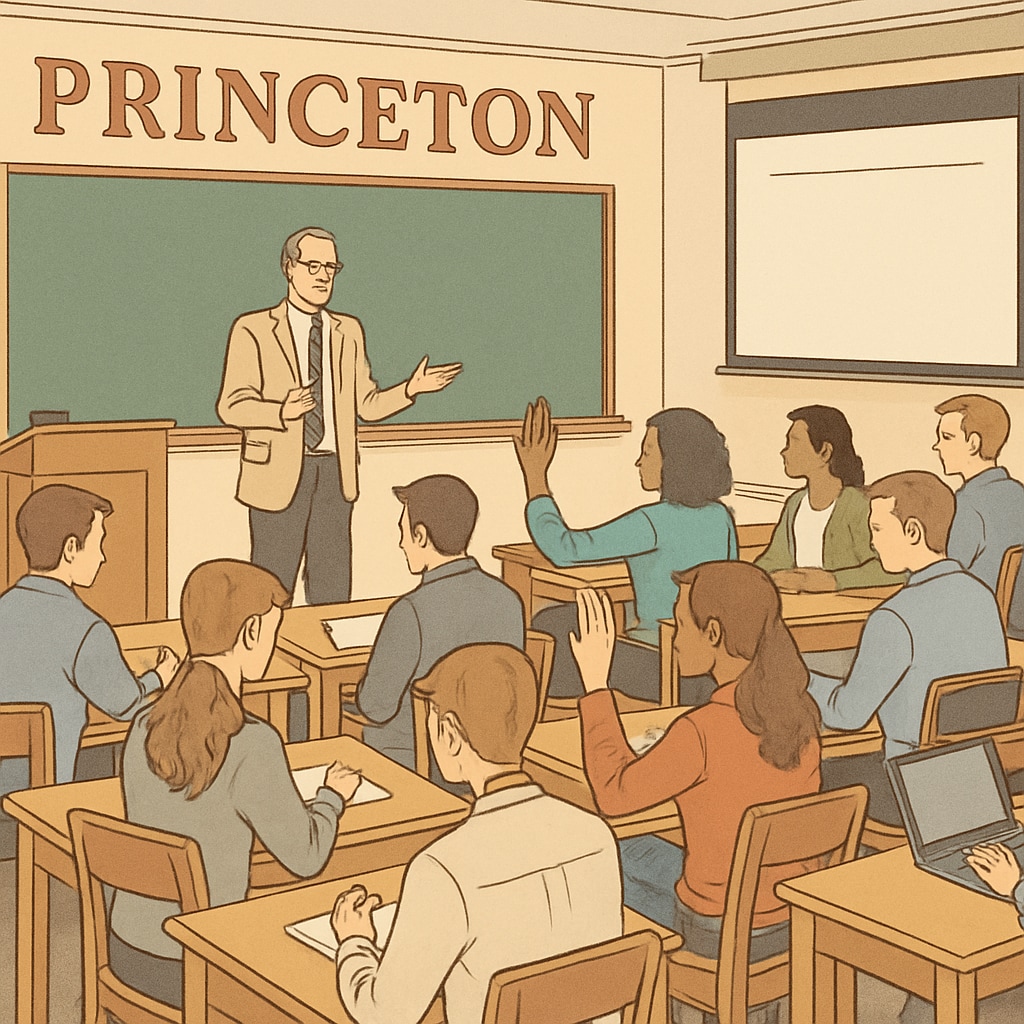The reputation of Ivy League schools, including Princeton University, often dominates discussions around higher education. However, this article questions whether Princeton and its Ivy League counterparts might be overrated in terms of their actual educational value compared to their prestige. While these institutions are undoubtedly influential, their perceived superiority may not always align with the practical outcomes they deliver. Are we overestimating the benefits of elite education at the expense of broader educational opportunities?
The Myth of Ivy League Superiority
For decades, Ivy League schools have been heralded as the gold standard of higher education. Names like Princeton, Harvard, and Yale evoke images of intellectual rigor, exclusivity, and success. However, this “Ivy League mystique” often overshadows critical questions about what makes these institutions genuinely valuable. For example, do their educational programs truly provide a unique advantage, or is the value derived from their historical prestige and networking opportunities?
Studies have suggested that while Ivy League graduates often excel in their careers, this success may be more attributed to the networks and resources available to them rather than the intrinsic quality of education. Furthermore, a growing number of students are turning to non-Ivy institutions that offer comparable academic rigor and better affordability.

Princeton: A Case Study in Prestige vs. Value
Princeton University often stands as a poster child for elite American education. It boasts a stunning campus, world-class faculty, and generous endowment funds. However, critics argue that Princeton’s reputation is sometimes inflated by societal biases toward the Ivy League brand rather than a critical evaluation of its educational outcomes.
For example, Princeton excels in fields like engineering and the humanities, yet many state universities and liberal arts colleges offer similar programs with fewer financial barriers. What sets Princeton apart is often not the quality of education itself but the doors that its name opens in professional circles. This raises the question: Are we valuing the “brand” over the substance?

Reevaluating K-12 Education and College Selection
While Ivy League schools like Princeton continue to attract attention, a growing number of educators and parents are advocating for a shift in focus toward K-12 education. Early educational experiences often lay the foundation for lifelong learning and personal values, yet they are frequently overshadowed by the race to secure a spot at a prestigious university.
Instead of prioritizing elite college admissions, families might benefit from investing in strong K-12 programs that nurture creativity, resilience, and critical thinking. This approach not only broadens the definition of success but also emphasizes the importance of individual growth over societal expectations.
Final Thoughts: Beyond the Ivy League
In conclusion, while Princeton and other Ivy League institutions undoubtedly have their merits, their reputation often overshadows alternative paths to success. Society’s blind admiration for elite education needs reevaluation, particularly in light of the diverse opportunities offered by non-Ivy institutions and robust K-12 education systems.
The value of education lies not in its prestige but in its ability to empower learners, foster innovation, and create meaningful impact. As a result, it is time to rethink how we measure educational success and redefine the priorities for future generations.
Readability guidance: Short paragraphs and clear transitions ensure readability. Lists summarize key points, and overuse of passive voice is avoided to maintain an engaging tone.


